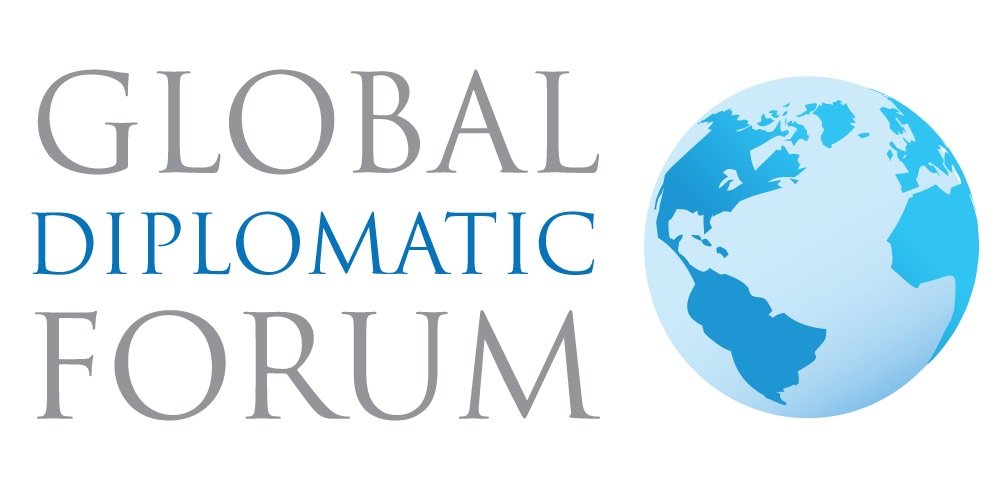Outside the U.S. Umbrella: How Much Can the U.K. Manoeuvre Its Foreign Policy?
The United Kingdom's foreign policy has long been viewed through the lens of its "special relationship" with the United States. However, recent geopolitical shifts raise important questions about the extent to which the U.K. can operate independently on the global stage.
Adhering to the U.S. Line on China:
The U.K. has largely aligned its stance on China with that of the United States, particularly in response to concerns over human rights abuses and geopolitical ambitions in the South China Sea. The recent "Integrated Review" of U.K. defence and foreign policy explicitly identifies China as a "systemic challenge." However, as the global political landscape evolves, there are questions about whether this alignment will remain steadfast. Economic dependencies, especially in trade and investment, could force the U.K. to recalibrate its approach, seeking a more nuanced stance that allows for engagement while maintaining a critical perspective.
Brexit and Its Implications:
The U.K.'s decision to leave the European Union—often described as an act of defiance against U.S. preferences—has allowed it to craft its own trade and diplomatic relations. Interestingly, this decision aligns in some respects with former President Trump’s policies, which were characterised by scepticism toward multilateralism. While Brexit was motivated by a desire for sovereignty and control, it also posed challenges. The U.K. must navigate its relationship with the U.S. carefully, as continued American support is crucial for addressing threats from Russia, particularly regarding nuclear capabilities.
The Need for U.S. Military Umbrella:
Despite its desire for an independent foreign policy, the U.K. relies significantly on U.S. military support, especially in the context of Russian aggression. The U.S. nuclear umbrella is a critical deterrent against potential threats, and the U.K.’s military capabilities, while robust, are not on par with those of the U.S. This reliance complicates the U.K.'s ability to diverge from U.S. policy, as any significant shift could jeopardise its security arrangements and regional stability.
Intelligence and Security Collaboration:
One of the key factors that solidifies the U.K.’s adherence to American foreign policy is the deep collaboration in intelligence and security between institutions in both countries. The U.K. and the U.S. share critical intelligence through established networks, including the Five Eyes alliance, which includes Australia, Canada, and New Zealand. This collaboration enhances the effectiveness of both nations in addressing shared threats, particularly in counterterrorism and cyber security. By maintaining such close ties, the U.K. ensures that its security strategies align with U.S. interests, reinforcing its dependence on American policies and actions.
The recent AUKUS agreement, which established a trilateral security partnership between Australia, the U.K., and the U.S., further exemplifies the benefits of this intelligence collaboration. AUKUS is designed to strengthen military capabilities in the Indo-Pacific region and reflects the commitment of all three nations to counteract rising challenges, particularly from China. The U.K.’s involvement in AUKUS has not only solidified its ties with the U.S. but also rewarded its active engagement in intelligence-sharing and defence collaboration.
Alignment in the Middle East:
The U.K. and the U.S. share a longstanding alignment in the Middle East, particularly regarding security and counterterrorism efforts. This partnership has been instrumental in shaping policies toward Iran, Syria, and other regional actors. The U.K.’s ability to pursue an independent approach in this region is limited; diverging too sharply from U.S. policy could undermine its influence and complicate its strategic interests.
Constraints on Policy Divergence:
In several key areas, the U.K. finds itself constrained in its ability to take a different line from the U.S. This includes responses to global challenges such as climate change, terrorism, and the evolving geopolitical dynamics in Eastern Europe and Asia. The U.K. often aligns with U.S. positions to maintain influence and bolster its own security, demonstrating the limits of its foreign policy autonomy.
Historical Ties: Africa and the Commonwealth:
While the U.K.'s relationship with the U.S. is prominent, its policies toward Africa and parts of South and Southeast Asia often draw on historical connections through the Commonwealth. Trade and diplomatic efforts in these regions are more reflective of legacy ties and mutual interests than of direct alignment with U.S. policies. This could provide the U.K. with greater flexibility to engage independently, leveraging its historical relationships to foster cooperation that may not align directly with American interests.
The United Kingdom’s foreign policy is characterised by a delicate balancing act between maintaining its historic ties with the United States and carving out an independent path. While the U.K. continues to align with U.S. policies in many respects—particularly regarding China, military security, and the Middle East—there are also areas where it seeks to leverage its historical connections and regional expertise. Ultimately, the U.K.’s ability to manoeuvre outside the U.S. umbrella will depend on its capacity to navigate these complexities and respond to an evolving global landscape. As geopolitical tensions rise and new challenges emerge, the question of how much the U.K. can assert its independence remains a critical one.
